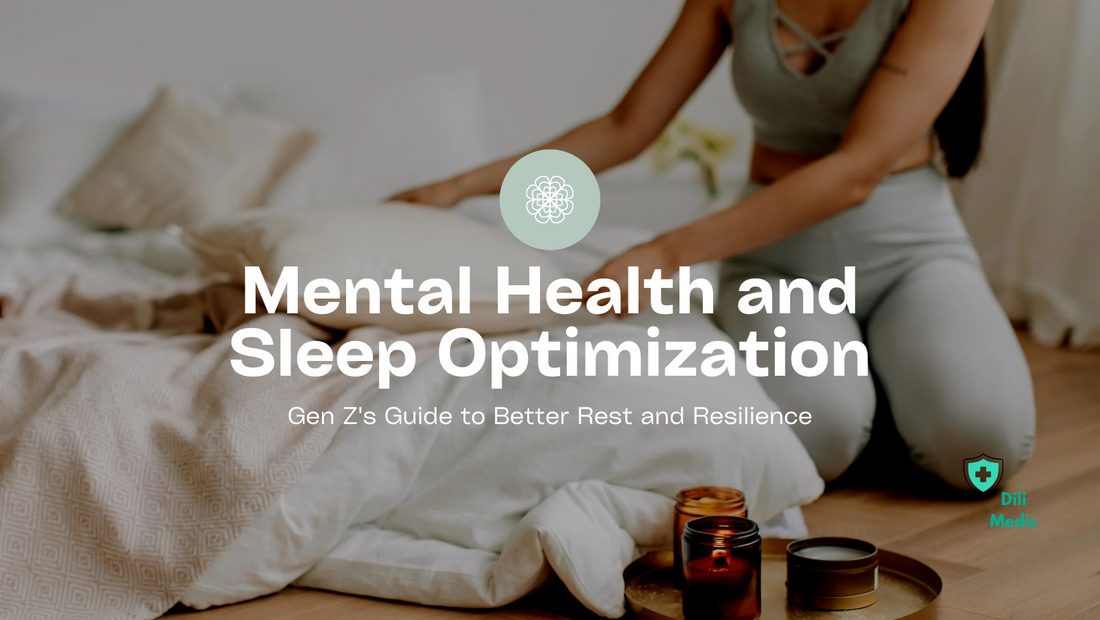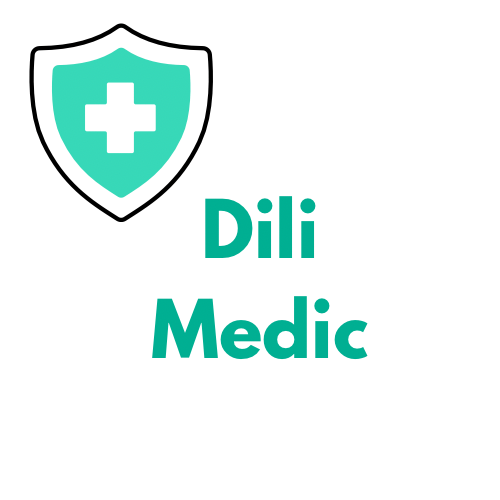
Gen Z's Guide to Optimized Sleep and Mental Wellness
Share
Explore how Gen Z now prioritizes their mental well-being through improved sleep habits, mindfulness practices, and reduced screen time. Discover strategies to combat stress and anxiety for a healthier lifestyle.

Mental Health and Sleep Optimization: Gen Z's Guide to Better Rest and Resilience
Digital connectivity is in a peak era, with a challenge of negative impact on mental health and sleep quality. Gen Z are always in the mix of the intertwining of screen time, social media, and the pursuit of well-being. A growing emphasis on quality sleep and mindfulness practices is urgent.
This Guide focuses on the strategies adopted by Gen Z to enhance mental resilience and achieve restful sleep.
Key Takeaways:
| Understanding the impact of screen time on sleep and mental health |
| Implementing mindfulness practices to reduce stress and anxiety |
| Adopting sleep optimization techniques for better rest |
| Creating a balanced digital lifestyle to support mental well-being |
| Leveraging technology mindfully to enhance sleep quality |
The Digital Dilemma: Screen Time and Its Effects
The Impact of Excessive Screen Time
Excessive screen time before bedtime disrupts the body's natural sleep-wake cycle. The blue light emitted by smart devices suppresses melatonin production, making it harder to fall asleep. This disruption affects sleep quality and contributes to increased stress and anxiety levels.
Strategies to Mitigate Screen-Induced Sleep Disruption
- Establish Screen-Free Zones: Designate areas in the home, like the bedroom, as screen-free to promote relaxation.
- Implement Digital Curfews: Set specific times to disconnect from devices before bedtime.
- Use Blue Light Filters: Utilize apps or device settings that reduce blue light emission during evening hours.
- Engage in Offline Activities: Replace screen time with activities like reading, journaling, or gentle stretching.
Mindfulness and Its Role in Mental Well-Being
Embracing Mindfulness Practices
Mindfulness practices, such as meditation and deep-breathing exercises, reduce stress and improve sleep quality. Incorporating these practices into daily routines can help Gen Z manage anxiety and foster a sense of calm.
Integrating Mindfulness into Daily Life

- Morning Meditation: Begin the day with a short meditation session to set a positive tone.
- Mindful Breaks: Take brief pauses during the day to focus on breathing and present-moment awareness.
- Evening Reflection: Engage in reflective journaling to process the day's experiences and emotions.
Sleep Optimization Techniques for Gen Z

Understanding the Importance of Quality Sleep
Quality sleep is crucial for cognitive function, emotional regulation, and overall health. Youth are recognizing the value of sleep and adopting practices to enhance quality.
Implementing Effective Sleep Strategies
- Consistent Sleep Schedule: Maintain regular sleep of 7 - 9 hours, and long hours on weekends.
- Create a Relaxing Bedtime Routine: Before sleeping, try some body-calm activities, such as reading or taking a warm bath.
- Optimize Sleep Environment: Ensure the bedroom is cool, dark, and quiet to facilitate restful sleep.
- Limit Stimulants: Avoid caffeine and heavy meals close to bedtime. integrative-psych.org
Leveraging Technology Mindfully

Using Technology to Support Sleep and Mental Health
While excessive screen time can be detrimental, Sleep monitoring technologies help to improve sleep and mental well-being when used mindfully.
Beneficial Technological Tools
- Sleep Tracking Apps: Monitor sleep patterns to identify areas for improvement.
- Guided Meditation Apps: Access a variety of mindfulness exercises tailored to individual needs.
- Blue Light Blocking Glasses: Wear in the evening to reduce blue light exposure from screens.
- White Noise Machines: Used to mask disruptive sounds and promote deeper sleep.
Prioritizing Mental Health and Sleep
Gen Z is at the forefront of redefining the relationship between technology, mental health, and sleep. By adopting mindful practices, setting boundaries with digital devices, and embracing sleep optimization techniques, this generation is paving the way for a healthier, more balanced lifestyle.
Frequently Asked Questions
How does screen time before bed affect sleep?
Screen time before bed exposes individuals to blue light and suppresses melatonin production, making it harder to fall asleep and reducing sleep quality.
What are simple mindfulness practices to reduce anxiety?
Simple practices include deep-breathing exercises, guided meditations, and mindful journaling, all of which can help reduce anxiety and promote relaxation.
Can digital technology be used to improve sleep quality?
Yes, digital technology such as sleep tracking apps, guided meditation platforms, and blue light filters can support better sleep habits and mental well-being.
